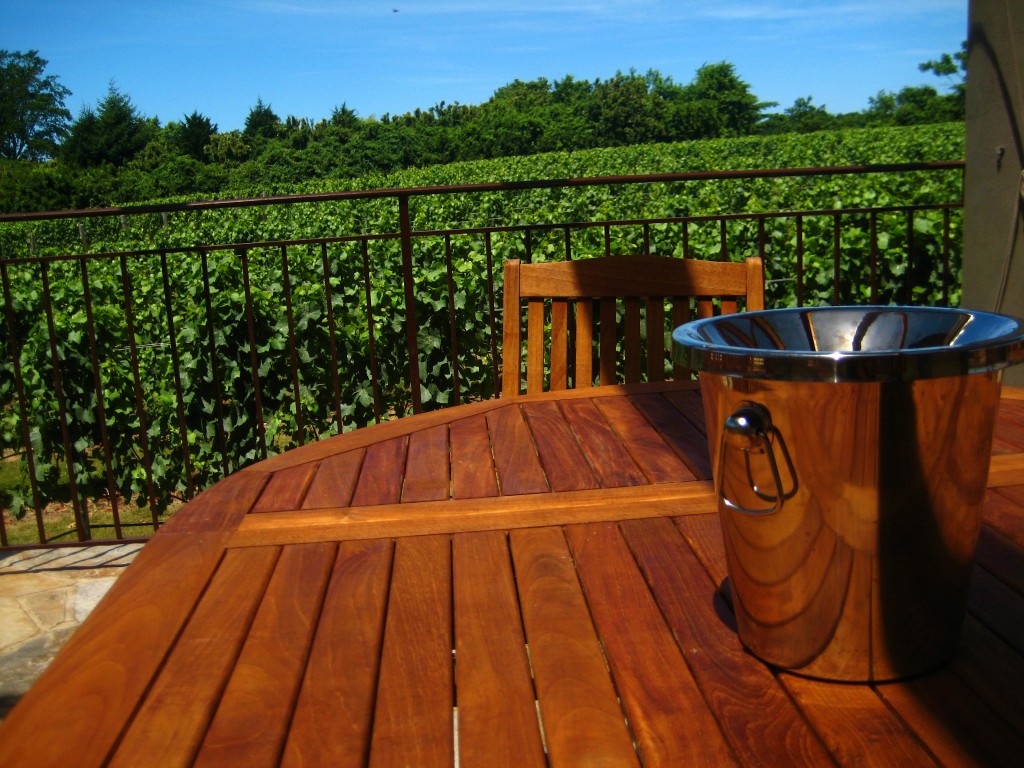
Two countries—China and Switzerland—recently changed their rules with respect to composition of certain wine products. China altered its rules with about sulfites in wine products to ease international commerce. The Chinese Health Department created an amendment and presented it to the Chinese legislature to revise the rulings on food additives. The legislation, GB 2760-2007, regulates food additives of food products produced in China. The new amendment posed by the Chinese Health Department limits the additives in sweet and fruited wines to 400 mg/L whereas the maximum limitation for other wines remains unchanged (250 mg/L). Additionally, the regulation requires that “Contains sulfites” be added to labels of Chinese wine products that consist of sulfites. Accordingly, this amendment complies with the standards of the OIV for sweet wines and it has been reported that it will consequently mitigate some of the barriers in international wine trade. For further information on GB 2760-2007, see FAIRS Subject Report.
Alternatively, Switzerland removed its unilateral limitation (See SEC 817.021.23) with respect to the presence of histamine in wine products (specifically, 10 mg/L). Previously, no other country imposed such a regulation in wine products.
Interestingly, in light of these changes, the OIV is plans to introduce a “Code for wine making good practices in order to minimize the presence of biologic ammines in wines,” that emphasizes the importance of this matter for wine makers. This is particularly intriguing when considering the recent wine trade agreement between the European Communities and Australia that was recently amended by the Australian government. (See prior On Reserve entry titledAustralia Adopts EU’s Geographical Indication System.) As the wine industry becomes increasingly more globalized with respect to trade, it is curious to consider how local and regional regulations may change to comply with international wine trade and enforce a more even means for international commerce.
(Source: New Rules for Wine in Swiss and China.)
DISCLAIMER: This blog post is not intended as legal advice, and no attorney-client relationship results. Please consult your own attorney for legal advice.
I think you mean the People’s Republic of China.